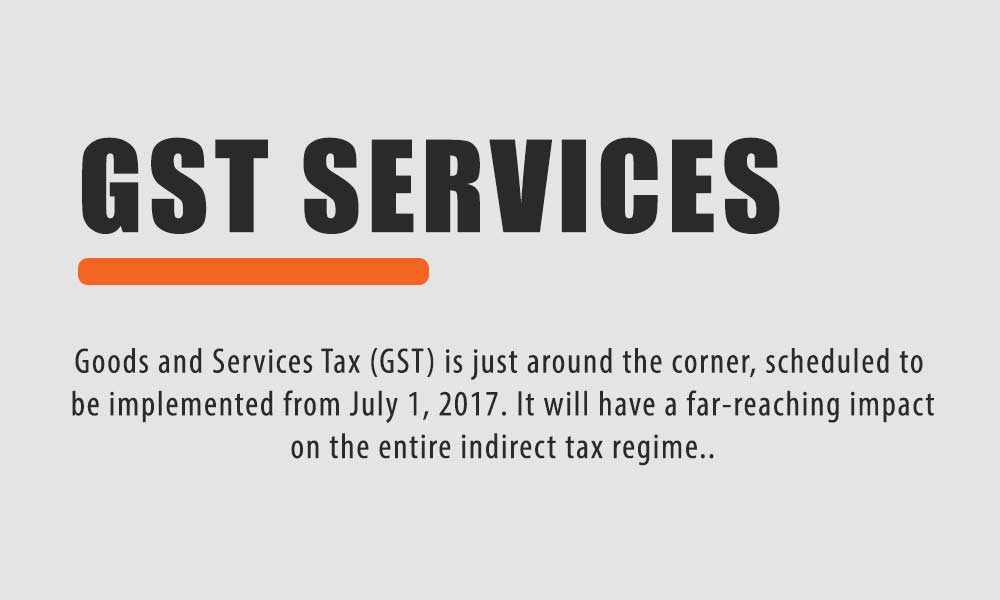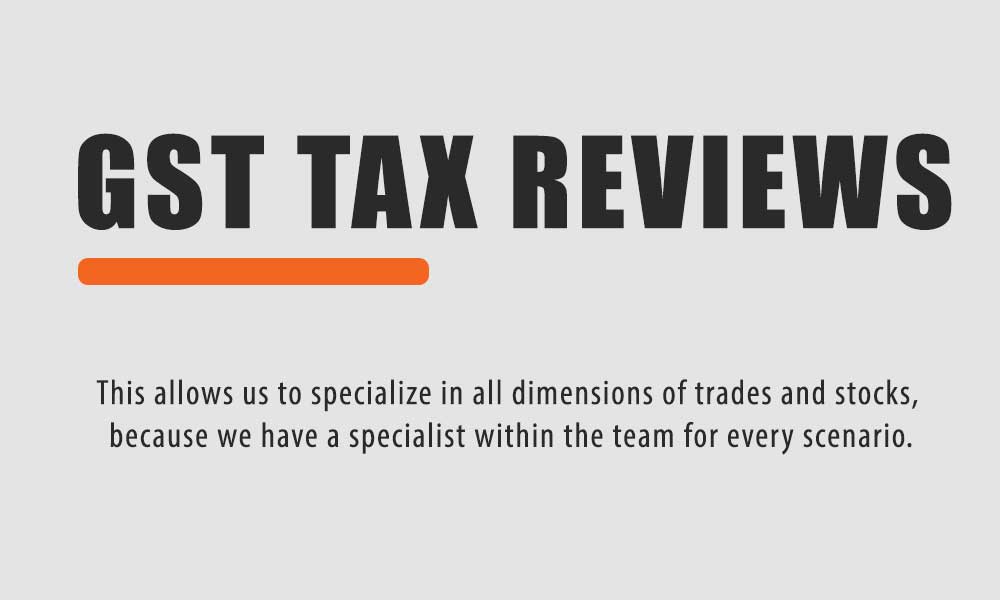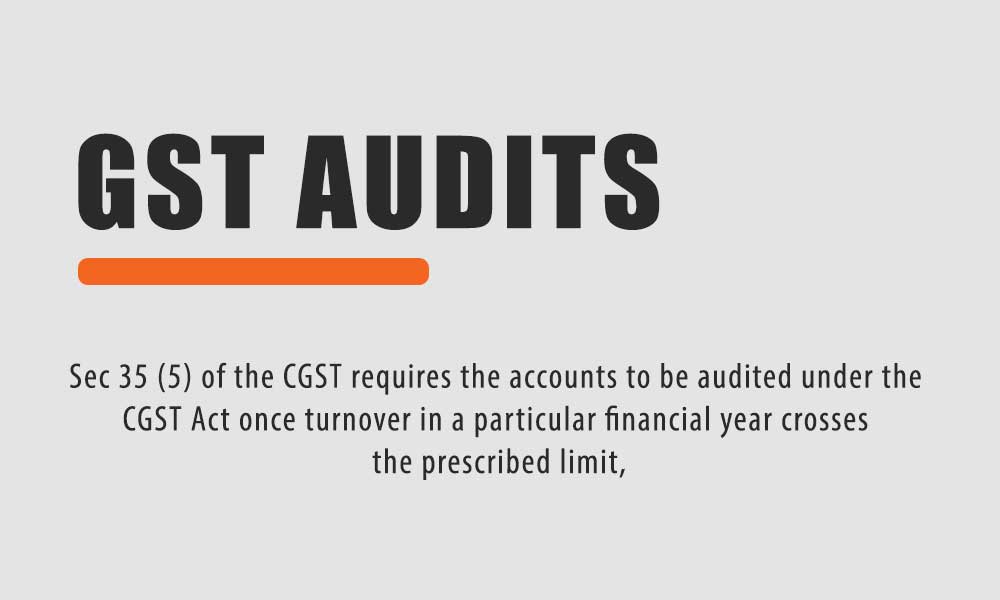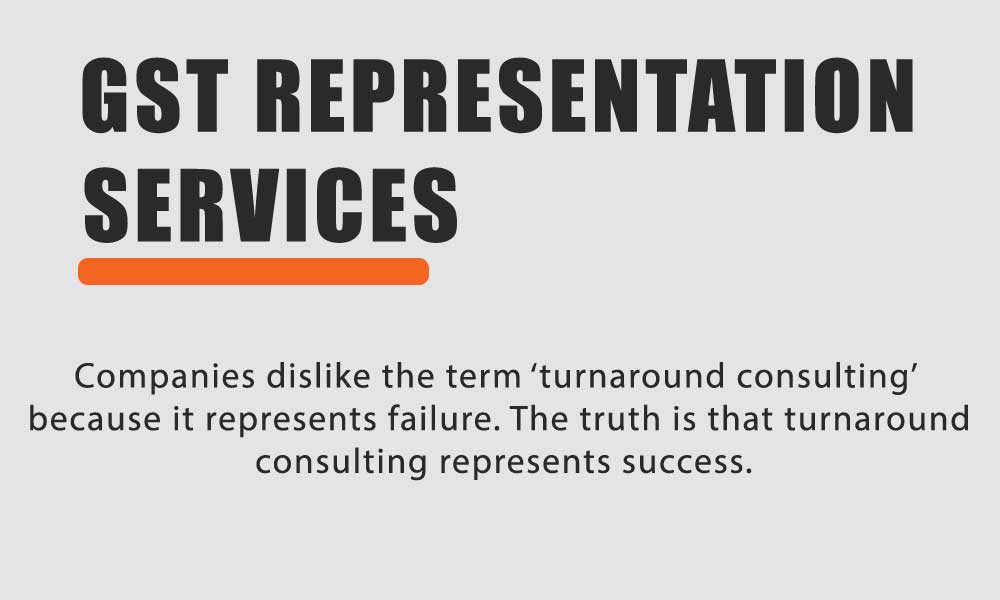Central sales tax / vat
central sales tax / vat
Central Sales Tax (CST) is imposed on sale or purchase of goods occurring in the course of inter-state trade or commerce. While VAT is applicable on sale/purchase transactions within the State (intra-state), CST is levied on inter-state sales/purchases.
Concept
Central Sales Tax (CST) is imposed on sale or purchase of goods occurring in the course of inter-state trade or commerce. While VAT is applicable on sale/purchase transactions within the State (intra-state), CST is levied on inter-state sales/purchases. CST is a Union levy, the collection and administration is entrusted to the States. The tax is collected and retained by the State from where the transfer or sale takes place.
Taxable event
The taxable event for the purpose of levy of CST is inter-state sale or purchase of goods including works contract. Mere transfer of goods to a branch or another unit of the same person would not attract CST unless the movement takes place pursuant to a pre-determined sale. Section 6 is the charging section providing for the levy of CST and every dealer shall be liable to pay tax under CST Act on all interstate sales of goods.
Sale or purchase in the course of inter-state trade or commerce
CST Act sets out the principles to determine when a sale or purchase of goods is said to have taken place in the course of inter-state trade or commerce. The sale or purchase should occasion the movement of goods or the sale or purchase should be carried out by a transfer of document of title to the goods during their movement from one State to another. The State from where the goods were dispatched (ie, Origin/Selling State) is competent to levy tax on inter-state sale.
Classification of goods
Classification of goods is not of much significance in the context of CST when contrasted with Central Excise or Customs levies. The description of the goods is vital for determining whether it is exempted or subjected to a higher tax. Further, emphasis is on whether a particular goods sold or purchased is covered by various Forms such as Form C, Form F, etc, which would have a bearing on the tax liability.
Valuation
Turnover of a dealer is determined based on aggregate sale publications after making suitable deductions prescribed therein. The rate of tax is applied on such value determined. The Central Government has issued Central Sales Tax (Registration and Turnover) Rules, 1957, which provides for a methodology to determine the taxable turnover for the purpose of valuing the goods to be subjected to CST levy.
Exemption
The State Government is empowered to grant exemption from sales tax by issuing a notification in Official Gazette in respect of inter-state sales carried out from the State, subject to fulfillment of certain conditions as specified in the notification. A registered dealer in SEZ (unit or developer) can obtain goods from outside SEZ, for specified purposes, without payment of CST subject to certain conditions. Most of the exemptions are administered through various Forms.
Tax payment
The tax payment is effected for a prescribed period, which is the period in which sales tax return has to be filed as per local sales tax law. It may be monthly or quarterly and varies from State to State.
Demand of tax, etc
In order to ensure uniformity and to facilitate administration, the tax demand procedures are on the lines of the local Sales Tax law. This is made clear by the provisions of section 9, which treat the levy as one imposed under the respective State Sales Tax laws. Even the provisions relating to levy, assessment, re-assessment, collection, offences, interest, penalties in the general sales tax/VAT law of the State are made applicable. The adjudication and appellate powers are exercised by state authorities.













